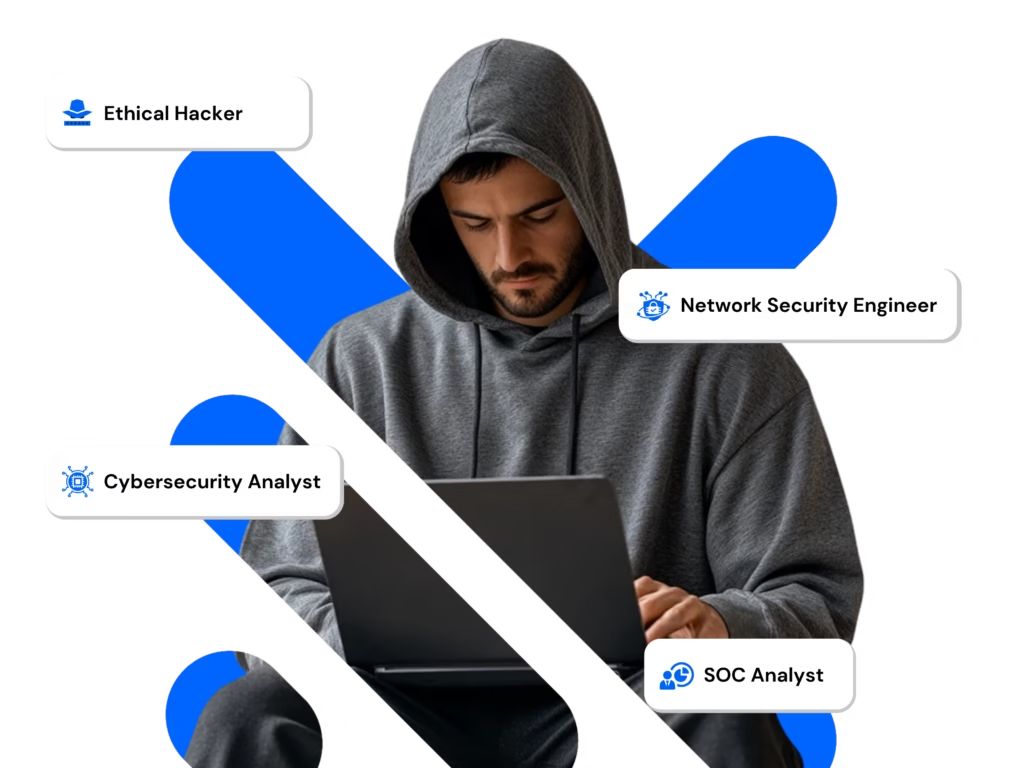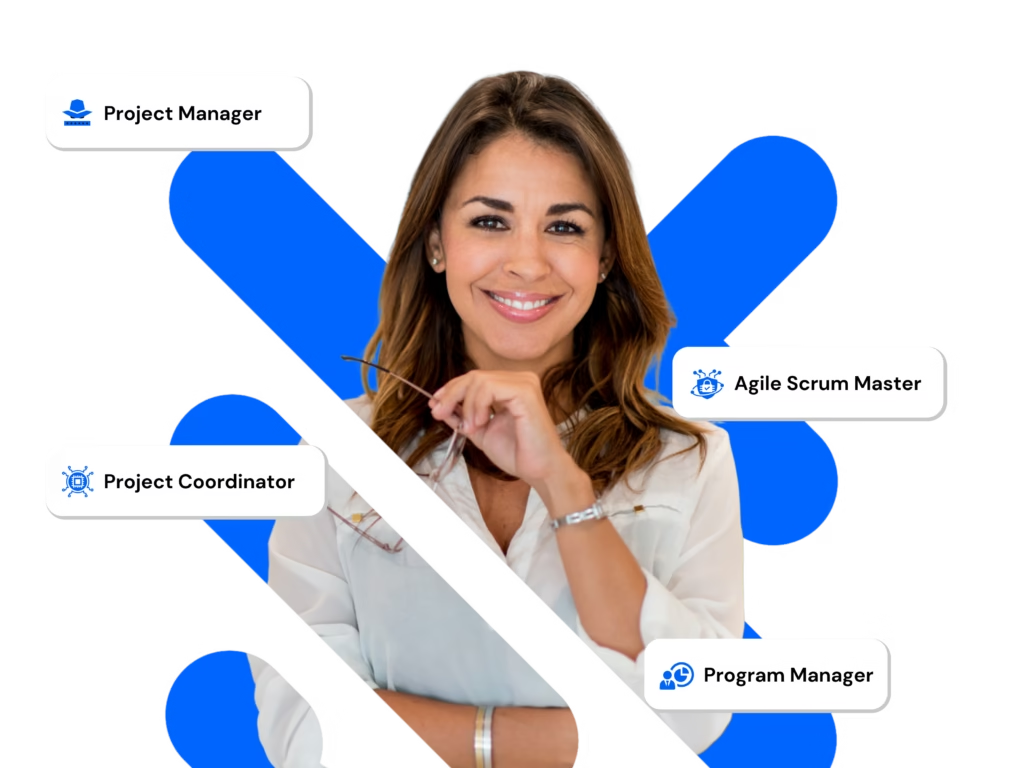
In today’s rapidly evolving digital landscape, the ability to seamlessly integrate and leverage data across multiple platforms has become a critical skill for businesses striving to stay competitive. As organizations increasingly rely on cloud-based solutions like Salesforce, the demand for professionals skilled in connecting Salesforce with various systems, applications, and tools is on the rise. Salesforce Integration Certification offers a structured pathway for individuals to showcase their proficiency in handling these complex integrations, helping businesses streamline operations, improve efficiency, and ensure data consistency across platforms.
In this article, we will delve deeper into the cost associated with Salesforce Integration Certification, breaking down exam fees, training expenses, and any additional costs involved. We will also highlight the significant benefits it offers, such as expanded career opportunities, increased earning potential, and the potential for leadership roles in Salesforce-based projects.
Table of Contents
Overview of Salesforce Integration Certification
What is Salesforce Integration Certification?
Salesforce Integration Certification is a specialized credential designed for professionals who want to demonstrate their expertise in connecting Salesforce with other systems, applications, and platforms. As businesses increasingly rely on a variety of digital tools for different functions—such as CRM, ERP, marketing automation, and analytics—the ability to seamlessly integrate Salesforce with these systems has become critical. This certification validates an individual’s ability to design, implement, and manage these complex integrations, ensuring smooth data flow and improved operational efficiency across the organization.
Salesforce Integration professionals are skilled in using tools like APIs, middleware, and custom code to enable real-time data sharing and synchronization between Salesforce and third-party platforms. The certification covers key aspects of integration, such as understanding Salesforce APIs, authentication mechanisms, and the best practices for ensuring data security and compliance during the integration process. By earning this credential, professionals can showcase their proficiency in creating scalable, secure, and efficient integration solutions that allow businesses to leverage the full power of Salesforce alongside other essential tools.
For developers, system administrators, or IT consultants, obtaining Salesforce Integration Certification can open the door to more advanced roles, higher earning potential, and greater recognition within the tech industry. It is a highly sought-after skillset as organizations look to enhance their digital infrastructure by connecting their Salesforce ecosystem with various business-critical applications.
Importance of Salesforce Integration in Today’s Business Environment
Salesforce Integration plays a crucial role in today’s business environment, where organizations rely on multiple systems and platforms to manage various aspects of their operations. Seamless integration allows businesses to connect Salesforce, a leading customer relationship management (CRM) platform, with other essential tools such as ERP systems, marketing automation platforms, accounting software, and analytics tools.
Utilizing Salesforce Apex for integration enhances this interconnectedness, ensuring a unified view of data that enables companies to streamline their workflows, reduce manual data entry, and minimize errors. By integrating Salesforce with other systems through Salesforce Apex development, businesses can automate key processes such as lead management, customer service, and sales forecasting, allowing for faster and more accurate decision-making.
In addition, Salesforce Integration helps companies enhance their customer experience by providing a 360-degree view of customer interactions, regardless of the platform. With integrated data, teams across departments can collaborate more effectively, ensuring that customers receive consistent, personalized service at every touch point. Furthermore, integration solutions allow for better scalability, enabling organizations to expand their digital ecosystem without disrupting existing workflows.
Cost of Salesforce Integration Certification
Examination Fee Breakdown
The Salesforce Integration Certification exam fees typically include the following components:
| Fee Component | Cost (USD) |
|---|---|
| Initial Certification Exam | $200 – $400 |
| Training Material (Optional) | $50 – $150 |
| Practice Exams (Optional) | $50 – $100 |
| Exam Retake Fee (if applicable) | $100 – $200 |
| Recertification Fee (per year) | $100 – $200 |
Additional Costs to Consider
When pursuing Salesforce Integration Certification, there are several additional costs to consider beyond the exam fee. These can include:
| Cost Component | Estimated Cost (USD) |
|---|---|
| Training Courses | $300 – $2,000 |
| Training Materials (Optional) | $50 – $150 |
| Practice Exams (Optional) | $50 – $100 |
| Exam Retake Fee (if applicable) | $100 – $200 |
| Recertification (Annually) | $100 – $200 |
| Travel Expenses (If applicable) | Varies (For in-person exams) |
Benefits of Salesforce Integration Certification

Enhanced Professional Credibility
Earning the Salesforce Integration Certification significantly enhances professional credibility in the competitive job market. This certification serves as a testament to an individual’s expertise and proficiency in integrating Salesforce with various systems, applications, and tools.
It demonstrates a commitment to professional development and a deep understanding of complex integration processes, which are vital for businesses looking to streamline operations and improve efficiency. Employers often seek candidates with recognized credentials, as it assures them of the individual’s capability to tackle real-world challenges effectively.
By holding this certification, professionals can differentiate themselves from their peers, showcasing their dedication to mastering the Salesforce ecosystem. This enhanced credibility not only boosts their resume but also fosters greater trust with clients and stakeholders, paving the way for more advanced career opportunities and leadership roles within organizations.
Expanded Career Opportunities
Obtaining the Salesforce Integration Certification opens the door to expanded career opportunities in the increasingly competitive tech landscape. As organizations continue to adopt Salesforce as a primary CRM tool, the demand for skilled professionals who can effectively integrate Salesforce with other systems is on the rise.
This certification equips individuals with the knowledge and skills necessary to design and implement complex integration solutions, making them valuable assets to potential employers. With expertise in Salesforce integration, professionals can pursue a variety of roles, such as Salesforce Developer, Integration Specialist, Business Analyst, or Solutions Architect.
Furthermore, as companies seek to enhance their digital infrastructure, those with this certification may find themselves in a stronger position to negotiate higher salaries and benefit from greater job security. Ultimately, the Salesforce Integration Certification not only elevates a professional’s skill set but also significantly broadens their career trajectory, paving the way for advancement into leadership roles and specialized positions in the Salesforce ecosystem.
Increased Earning Potential
Obtaining the Salesforce Integration Certification can lead to increased earning potential for professionals in the technology sector. As companies increasingly rely on Salesforce for customer relationship management, the need for experts who can seamlessly integrate Salesforce with other systems has grown significantly.
Professionals with this certification are often seen as more valuable assets due to their specialized skills and knowledge, enabling them to command higher salaries compared to their non-certified counterparts. According to industry reports, certified Salesforce professionals typically earn a premium in their compensation packages, with salary increases ranging from 10% to 30%.
Additionally, as businesses strive for operational efficiency and improved data management, they are willing to invest in certified professionals who can drive these initiatives. This enhanced earning potential is further amplified by the versatility of integration roles, allowing individuals to explore various career paths such as integration architect, solutions engineer, or project manager, all of which offer lucrative salary opportunities. Ultimately, the Salesforce Integration Certification not only validates expertise but also serves as a significant catalyst for financial growth in one’s career.
Exam Structure and Preparation Tips
Overview of Exam Format
Here’s an overview of the Salesforce Integration Certification Exam Format
| Exam Component | Details |
|---|---|
| Exam Format | Multiple Choice/Multiple Select |
| Number of Questions | Typically 60 – 70 questions |
| Exam Duration | 90 – 120 minutes |
| Passing Score | Usually around 65% – 75% |
| Exam Language | English (Other languages may be available) |
| Open Book | No |
| Mode of Exam | Online (Proctored) or In-Person |
| Cost of Exam | $200 – $400 (varies by region and provider) |
Recommended Resources
Here are some recommended resources to help you prepare for the Salesforce Integration Certification:
| Resource Type | Resource Name | Description |
|---|---|---|
| Official Salesforce Resource | Salesforce Trailhead | An interactive learning platform with modules focused on Salesforce integration. |
| Official Salesforce Resource | Salesforce Certification Study Guide | Detailed information on exam objectives, recommended study materials, and practice questions. |
| Official Salesforce Resource | Salesforce Help and Documentation | Comprehensive guides and documentation on Salesforce features, including integration tools. |
| Book | “Salesforce Integration Handbook” by Ashish Dandekar | Practical guide covering integration strategies, tools, and best practices for Salesforce. |
| Book | “Salesforce For Dummies” by Tom Wong and Liz Kao | Accessible introduction to Salesforce, including integration concepts and functionalities. |
Career Opportunities with Salesforce Integration Certification

Roles and Industries Where Certification is Valued
The Salesforce Integration Certification is highly valued across various roles and industries, reflecting the increasing importance of effective data integration in today’s business environment. Here are some key roles where this certification is particularly beneficial:
| Role | Description |
|---|---|
| Salesforce Developer | Validates skills in building custom applications and integrating Salesforce with other platforms. |
| Integration Specialist | Focuses on integrating Salesforce with other systems, managing complex integration processes. |
| Business Analyst | Gains a deeper understanding of Salesforce integrations, recommending effective solutions. |
| Solutions Architect | Designs comprehensive integration solutions, leveraging best practices to meet business needs. |
| Project Manager | Enhances credibility and understanding of integration challenges in Salesforce implementation projects. |
| Industry | Description |
|---|---|
| Technology | Seeks certified professionals to ensure effective integration of Salesforce applications with other software. |
| Finance and Banking | Values integration experts for managing customer data across systems, ensuring compliance, and improving experiences. |
| Healthcare | Requires integration of Salesforce with EHR and other systems to maintain accurate patient information. |
| Retail and E-commerce | Relies on integrated systems for effective management of customer relationships, inventory, and sales data. |
| Manufacturing | Utilizes integration to streamline operations and data management across supply chain and production systems. |
Comparison with Other Salesforce Certifications
Distinguishing Features of Salesforce Integration Certification
The Salesforce Integration Certification has several distinguishing features that set it apart from other certifications in the Salesforce ecosystem and in the broader IT certification landscape. Here are some key features:
| Feature | Description |
|---|---|
| Focus on Integration Technologies | Specifically emphasizes integration technologies and methodologies, preparing professionals for effective system connections. |
| Hands-On Experience | Includes practical components such as labs or simulations, reinforcing theoretical knowledge with real-world application. |
| Comprehensive Coverage of Integration Patterns | Covers various integration patterns (real-time, batch, event-driven), equipping candidates with knowledge for diverse business needs. |
| In-Depth Knowledge of APIs | Provides a deep understanding of Salesforce APIs (REST, SOAP, Bulk, and Streaming APIs) for connecting Salesforce with external applications. |
| Best Practices for Data Management | Emphasizes best practices for data mapping, transformation, and cleansing to maintain data integrity throughout the integration lifecycle. |
| Security and Compliance Awareness | Covers best practices for data security during integrations, including authentication and compliance requirements. |
| Emphasis on Problem Solving | Encourages the development of strong problem-solving skills to address common integration challenges effectively. |
| Recognition and Credibility | Provides recognition and credibility in the job market, enhancing career opportunities for certified professionals. |
How Integration Certification Complements Other Salesforce Certifications
The Salesforce Integration Certification complements other Salesforce certifications in several meaningful ways, enhancing a professional’s overall expertise and career prospects within the Salesforce ecosystem. Here’s how it integrates with other certifications:
| Complementary Certification | Description of Complementation |
|---|---|
| Salesforce Developer Certification | Adds knowledge of APIs and integration patterns, enabling developers to create robust applications that connect Salesforce with other platforms. |
| Salesforce Administrator Certification | Enhances management of data flow and system interoperability, allowing administrators to optimize Salesforce environments with advanced integration techniques. |
| Salesforce Architect Certifications | Deepens understanding of integration strategies and best practices, critical for designing scalable solutions that integrate multiple systems. |
| Salesforce Certified Business Analyst | Improves analysis and recommendation of integration solutions, ensuring alignment with business needs and processes. |
| Salesforce Project Manager Certification | Enhances understanding of integration-related challenges, helping project managers effectively manage cross-platform integration projects. |
| Versatility in Career Opportunities | Expands career options by making professionals more attractive to employers for various roles, including technical, managerial, and analytical positions. |
| Collaboration Across Teams | Encourages better collaboration among developers, administrators, and business analysts, ensuring integration considerations are included throughout Salesforce projects. |
Explore More: How Valuable Is PSM I Certification for Career Growth?
FAQ:-
What is the cost of Salesforce Integration certification?
The cost of Salesforce Integration certification can vary depending on the specific certification program and training provider. On average, the cost ranges between $200 to $400 but additional fees may apply for training materials or exam retakes.
What are the benefits of obtaining a Salesforce Integration certification?
Earning a Salesforce Integration certification enhances your skills in integrating Salesforce with third-party systems, boosts your career opportunities, increases salary potential, and provides credibility in the job market as a certified professional.
How does Salesforce Integration certification improve my career prospects?
Certification demonstrates your expertise in Salesforce integration, making you more competitive for roles such as Salesforce developer, integration specialist, or consultant. It opens doors to higher-paying jobs and more advanced career opportunities in the Salesforce ecosystem.
Is prior experience required to pursue Salesforce Integration certification?
While prior Salesforce experience or basic understanding of integration concepts is beneficial, many training programs offer beginner-level courses that can help you build the necessary skills before taking the certification exam.





